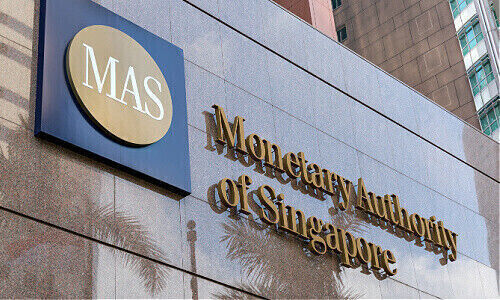MAS: Regulations Cannot Protect Users from Crypto Losses
The Monetary Authority of Singapore once again touted self-responsibility when it comes to crypto trading, underlining that regulations cannot protect investors from losses.
In response to various queries about the FTX collapse, the MAS has underlined that while the fallen crypto exchange does not have a license, this cannot stop access from Singapore users, in line with the regulator's consistent position that a ban against retail crypto access is unlikely to be effective due to the borderless nature of the market.
«MAS has been continually reminding the general public since 2017 that dealing in cryptocurrency is highly hazardous,» said a spokesperson for the city-state’s financial regulator.
Quoine
Separately, MAS also received inquiries about Quoine – the operator of the Liquid exchange which FTX bought as part of a March 2022 acquisition – and why FTX did not migrate its Singapore users to the other bourse.
In response, MAS said that the two operated as separate entities and that Singapore users have a choice of dealing with either one. The regulator also noted that Quoine is currently exempt from licensing, pending a review of its digital payment token (DPT) license application, adding that such licenses are regulated for money laundering, terrorism financing and technology risks, but not for financial soundness.
«They are not subject to risk-based capital or liquidity requirements, nor are they required to safeguard customer monies or digital tokens from insolvency risk,» the MAS said. «Regulations cannot protect consumers from losses arising from the inherently speculative and highly risky nature of cryptocurrency trading».



























